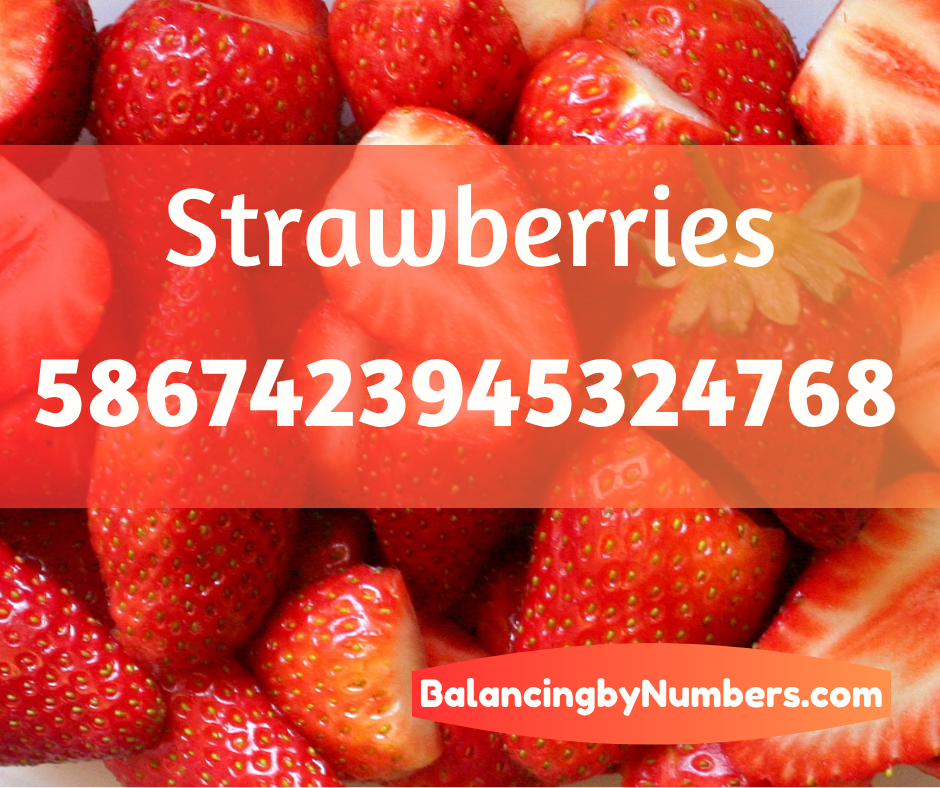DHA Docosahexaenoic Acid
This blog is about DHA but it’s also about oysters. I never liked for oysters. I thought they were gross! Now I can’t get enough of them especially after learning what a nutritious powerhouse they are at the Nourishing Traditions Conference (Westin A. Price Foundation). Not only are they very low in mercury, as compared to other seafood, but they are packed with the good fat DHA. And it’s DHA that is mostly in the sn-2 position which means it’s more bioavailable to our tissues and cells.
But the DHA story goes deeper………
DHA, Oysters and Sunlight.
DHA is the only lipid that has remained a constant in the membranes of higher mammals like us humans. Its dominance dates back to the emergence of the first marine organisms like mollusks during the Cambrian Explosion around 500 million years ago. Wow! And its critical importance is likely due to the synergy between DHA and Sunlight. DHA, which is most abundant in the brain and in the retina, facilitates the critical functions that convert light into electrical signals for cellular communication. If cells aren’t communicating properly, because of a lack of DHA, you end up with diseases like adrenal fatigue, arthritis, a host of other inflammatory diseases and certain cancers.
Since humans cannot synthesize enough DHA on our own, we have to get it from dietary sources. And seafood is the richest source! You could almost call us obligate seafood eaters.
And I know what you are thinking! If I eat more seafood I’m going to get too much mercury. True. It’s possible. And that why it’s important to eat oysters! And sardines! Or wild caught salmon, or scallops. All these are lower in mercury.
And eat a strawberry or two beforehand! Or do the number!
What? Strawberries? Yes, strawberries are rich in fibers like pectin that may bind to mercury in the gut. Chlorella can do the same.
Just be sure you are getting adequate amounts of DHA from seafood. Supplements are ok but they are often exposed to light and heat and they lose some of the protective compounds like resolvins and protectins.
And don’t do blue light at night! It destroys DHA, disrupts melatonin levels and messes with your circadian rhythm. All things that can accelerate aging and dis-ease.
Traditional medicine knows the importance of DHA to the point where some traditions give young women fish roe when they are getting ready to conceive. Modern medicine often overlooks DHA deficiency preferring to treat the inflammation caused by the deficiency rather that the deficiency itself.
So enjoy an oyster or 6! I’ll have mine with a lovely glass of bubbles!
Love and hugs,
~Christine

